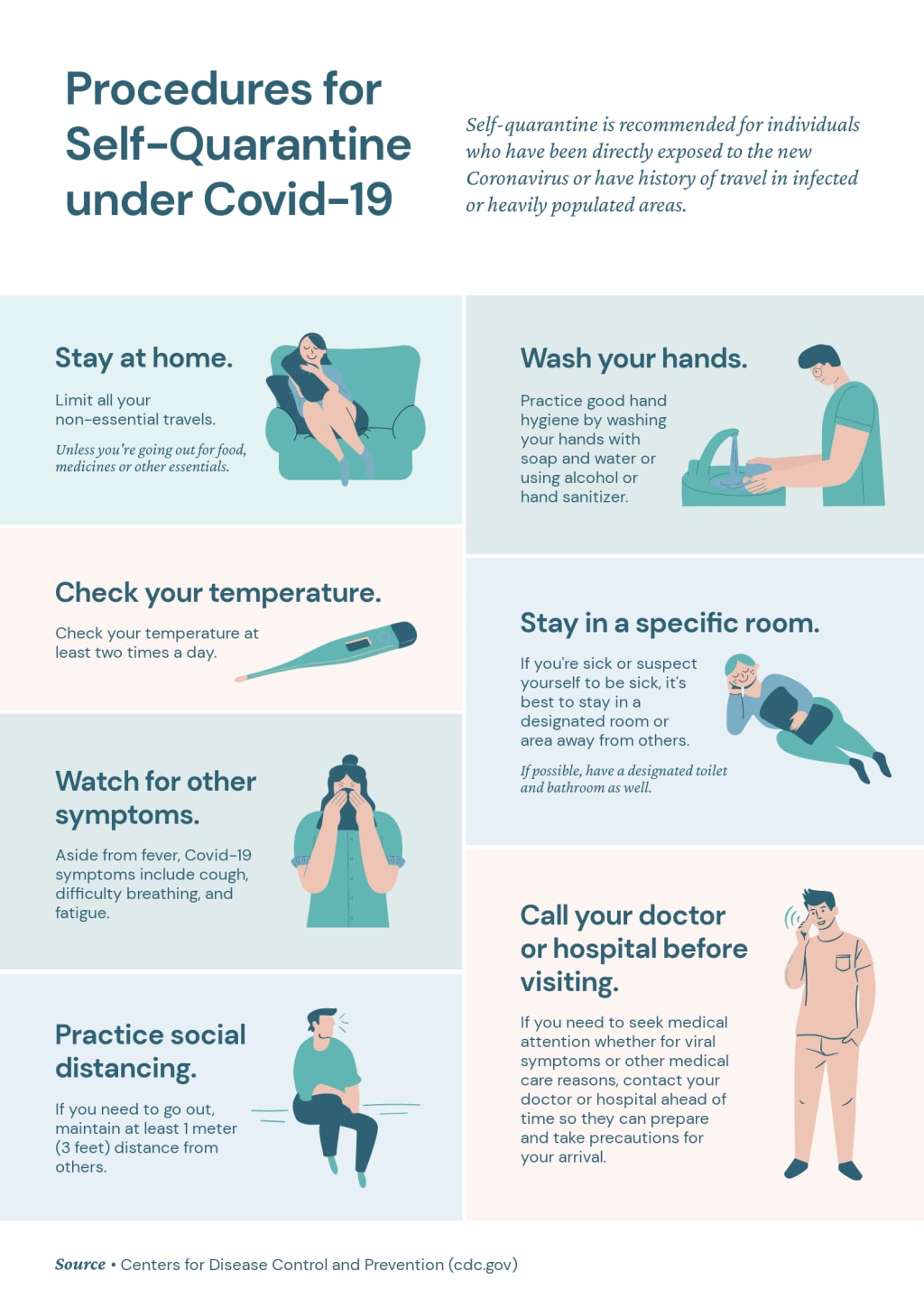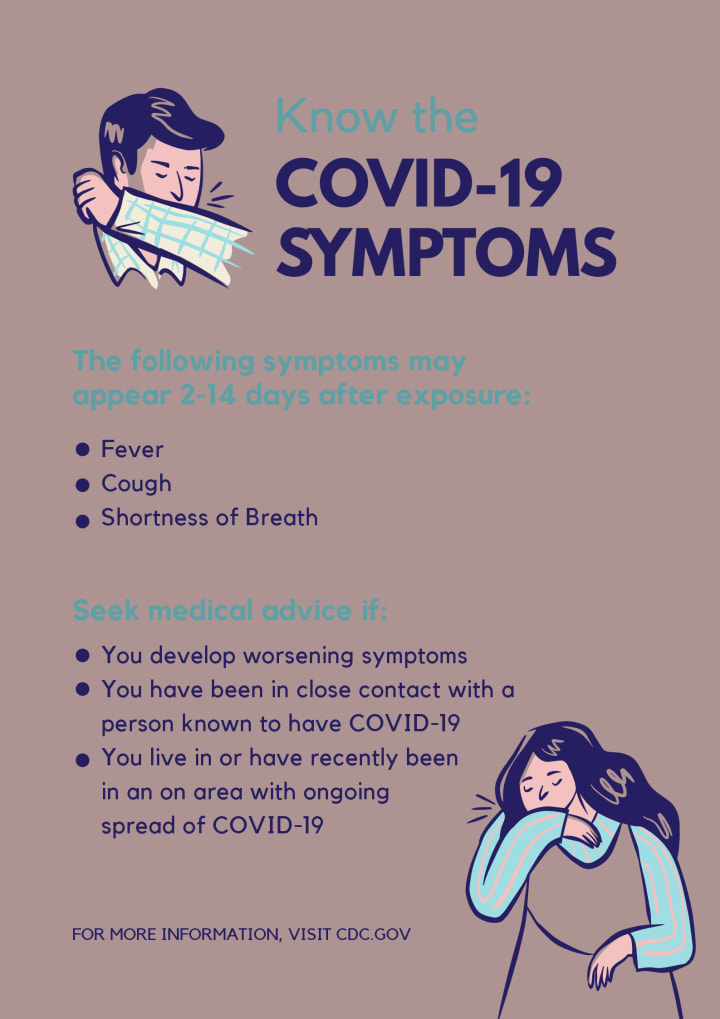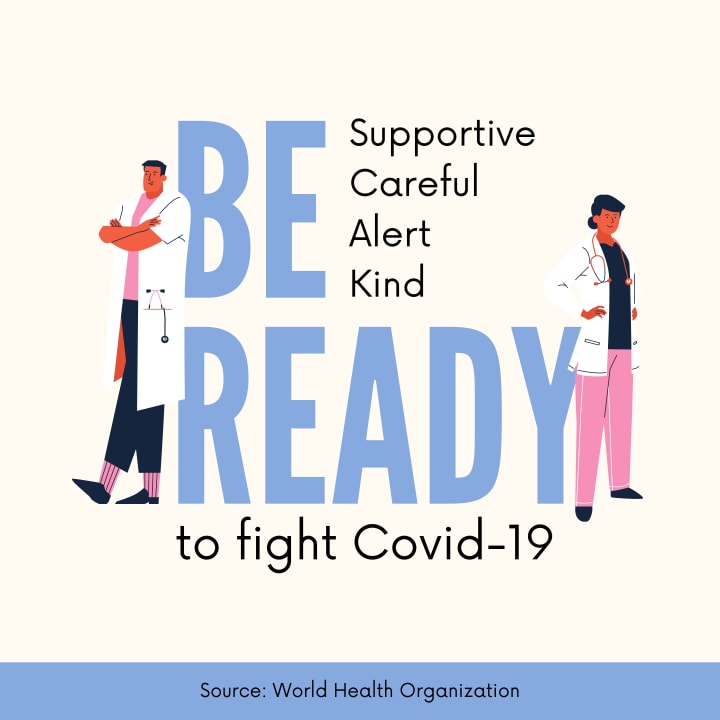WHETHER ENHANCED COMMUNITY QUARANTINE SCIENTIFIC, PHILOSOPHICAL, ETHICAL, LEGAL OR THEOLOGICAL
ENHANCED COMMUNITY QUARANTINE

Community quarantine is necessary, especially now that World Health Organization has declared COVID-19 a pandemic. Enhanced quarantine help to protect the community by preventing exposure to others, especially to people who have or may have an infectious disease. Quarantine separates and restricts the movement of people who were exposed to a contagious disease. But, how does community quarantine enforce? This was implemented last 15th of March 2020 when the COVID-19 virus became pandemic. Beforehand, local governments and (WHO) studies the scale incidence of the said disease.
OUTBREAK
A sudden increase of a harmful disease within a particular area. Outbreak is prominent, frequently small. Often times, increase the expected number of cases. Through tracking diseases over time, Epidiomologists learn to vaticinate the cases of affected individuals within a particular area, time, and population. As you can remember, it was reported that group of pneumonia cases arises unexpectedly among market-goers in Wuhan, China. Public health officials now forthwith pneumonia cases there constituted an outbreak of a new type of corona virus, now named COVID-19. Before long health officials detect an outbreak, they inquest to determine the numbers of affected people. Government officials and aid agencies use the information preventing additional cases.
EPIDEMIC
The epidemic is an outbreak of disease spread over a larger area. When people in places outside of Wuhan, China began testing positive for infection. A likely sign that a disease rather outbreak was spreading.
PANDEMIC
The pandemic is the highest level of a global health emergency and imply extensive outbreaks affecting multiple regions of the world. World Health Organization statements remain hopeful that the pandemic can be restrained and the damage minimized by taking immediate aggressive steps.

But, why did the government officials enhanced community quarantine? COVID-19 was first spotted in Wuhan, China, but quickly spread across the nations. This was emerged last December 2019. COVID-19 symptoms include cough, fever and shortness of breath. COVID-19 can be severe, and some cases caused death. This can also cause respiratory illness. In some rare cases, COVID-19 can lead to kidney failure. But, there were people who testified they are treated for the disease. The corona virus can be passed from one person to another through droplets from sneezing and coughs. Corona virus has no vaccine, yet. The health authorities are still ongoing on the investigations for further information about the disease. Practices such as social distancing and self-quarantine and isolation can necessarily help decrease the rate of infection in the community.
S.P.E.L.T DESCRIPTIONS OF ENHANCED COMMUNITY QUARANTINE
Are the implementation and maintenance of enhanced community quarantine viable?
The epidemiological study of COVID-19 disease leads to scientific decisions of enhanced community quarantine. Of all of the aspects of the human body, and of a human life, which are essential to well-being, none is more important than one’s health. Advancements in medical knowledge and medical technologies bring with them new and important moral issues.
Vital to the understanding of moral issues that arise in the discourse of the provision of health care is an interpretation of the most important ethical principles and methods of moral decision-making that are applicable to such moral issues and that serve to guide our moral decision-making. The quality of health care, as both practiced and received, should be qualitatively enhanced.
ETHICS OF ENHANCED COMMUNITY QUARANTINE
The application of enhanced community quarantine arouses several ethical implications. People believed that enhanced community quarantine constitutes unjustified abatement of personal discretion, insofar as others see it as aspect of communicable disease control. There are 2 independent ethical considerations to consider; whether the concept of quarantine is justified ethically and whether it is effective.
"The welfare of the people is the supreme law."
How can you say that enhanced community quarantine is legal? Federal isolation and enhanced community quarantine are authorised by the judicial ordination of the President. The President attained enhanced community quarantine to control the communicable disease. That means providing individuals with adequate food and shelter and psychological support, and accommodating them in their workplaces. Violating the enhanced community quarantine order is unlawful misdemeanor.
Ecclesiastical in a moment of Community Quarantine
The verdict to cancel events and church gatherings is precarious but necessary and right. Sunday services and masses can accessible thru' social media since COVID-19 passed through social contact (handshakes and touching) and through droplets (sneezes and coughs.) How can you be charitable in a time of social distancing? In this time of crisis, talking to God, not just individually, but as family and for the community.
Individuals have been fearful of the COVID-19 disease that led to some situations of hoarding which should instead look out for one another. Especially, now that homeless people are on the streets are even more at risk. Those who can't get enough food. "Christians do not just take care of their own; they are also called look out for their neighbours."
As one of the journalists quoted,"Religious leaders who don't follow the advice of public health officials are being reckless and immoral by putting their congregants and others at risk."
Comprehensively, enhanced community quarantine is a direct means to control such communicable disease. Therefore, judicious precautionary measures and enhanced community quarantine are justified.
Quarantine and isolation help protect public by preventing exposure to others, especially to people who have or may have a chronic or an infectious disease.
Quarantine separates and restricts the movement of people who were exposed to a contagious disease. Isolation separates sick people with a contagious disease from people who are not ill.
Self-quarantine involves:
Using standard hygiene and washing hands frequently. Not sharing things like towels and utensils. Staying at home. Not having visitors and gatherings. Staying at least 6 feet away from other people in your household.
It’s essential to know what to do when feeling sick. The COVID-19 pandemic has drawn attention to the importance of hand washing and protecting others from coughs and sneezes. "Justification of quarantine and quarantine laws stems from a general moral obligation to prevent harm to (infection of) others if this can be done."







Comments
There are no comments for this story
Be the first to respond and start the conversation.